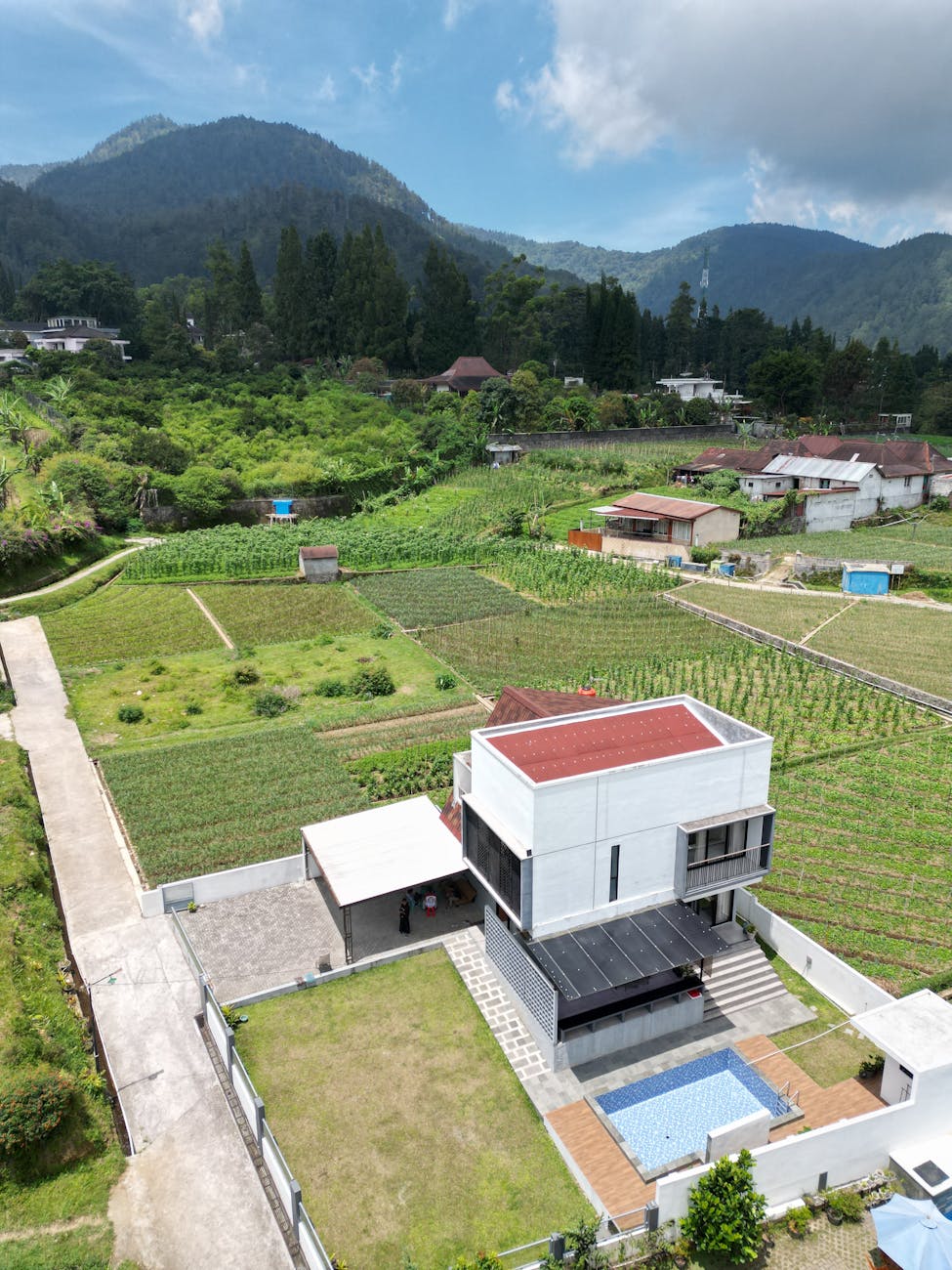Top Real Estate Investment Opportunities in 2024
Top real estate investment opportunities in 2024
As the real estate market continues to evolve, 2024 presents a unique landscape for investors seeking growth and stability. Shifts in economic policies, changing demographics, and technological advancements are reshaping where and how to invest. Whether you’re a seasoned investor or exploring real estate for the first time, understanding the emerging trends and opportunities is crucial. This article delves into the top real estate investment avenues that promise strong returns and sustainable growth in 2024. From urban residential developments to commercial properties integrating technology, we will explore sectors that align with current market demands and future projections. By analyzing key drivers behind these trends, investors can confidently position themselves for success in the coming year.
Urban residential developments fueled by demographic shifts
One of the most promising areas for investment in 2024 is urban residential real estate, particularly in cities experiencing population growth due to migration and employment opportunities. Millennials and Gen Z continue to prioritize convenience and access to amenities, favoring apartments and mixed-use developments near transit hubs and commercial centers. This demand has led to increased construction of multifamily housing complexes designed with sustainability and community living in mind.
Additionally, the rise of remote work means many are relocating to cities that offer a better quality of life yet maintain access to urban benefits. Investors who target these markets early can benefit from rising rental yields and property appreciation. Key cities include Austin, Raleigh, and Denver, which have seen steady population increases and diversified economies.
Commercial real estate adapting to new business models
Commercial real estate is undergoing transformation, influenced heavily by shifts in retail, office use, and logistics. Retail spaces are adapting to a hybrid model where physical stores complement robust online sales. This trend boosts demand for experiential retail locations that blend shopping, dining, and entertainment.
Office spaces are also evolving with flexible layouts and co-working environments becoming essential to accommodate hybrid work formats. Properties offering adaptable spaces in prime locations hold strong appeal.
Moreover, the surge in e-commerce continues to fuel logistics real estate, especially warehouses and distribution centers near urban areas. These properties benefit from the need for faster delivery and inventory management.
Emerging markets and secondary cities offer high growth potential
Investors looking beyond traditional hotspots should consider emerging markets and secondary cities that provide attractive valuations and growth prospects. These locations often have lower entry costs and less competition, enabling higher capitalization rates.
For example, cities like Chattanooga, Boise, and Greenville benefit from improving infrastructure, growing industries, and lifestyle factors that attract younger populations. Such markets often provide a mix of residential and commercial investment opportunities with promising returns as these cities mature.
The following table highlights some emerging cities, their population growth rates, and average rental yield projections for 2024:
| City | Population growth rate (2023-24) | Average rental yield (%) |
|---|---|---|
| Chattanooga, TN | 1.8% | 7.2 |
| Boise, ID | 2.1% | 6.8 |
| Greenville, SC | 1.9% | 7.0 |
Technology-driven real estate: smart buildings and sustainability
In 2024, technology integration and sustainability are critical factors propelling real estate investments. Smart buildings equipped with IoT devices optimize energy usage, enhance tenant experience, and reduce operating costs. The growing awareness around climate change also drives demand for green buildings with certified energy-efficient systems and sustainable construction materials.
Investors targeting properties with these features can often attract premium tenants and benefit from government incentives or tax breaks. The environmental, social, and governance (ESG) framework is increasingly influencing institutional capital, pushing developers and owners to prioritize sustainable development.
From intelligent HVAC systems to solar panels and smart security, technology is redefining how real estate assets are managed and valued.
Conclusion
Entering 2024, real estate investment opportunities abound across various sectors shaped by evolving demographics, technological advancement, and market shifts. Urban residential developments remain attractive due to sustained population growth and changing living preferences. Meanwhile, commercial real estate adapts to new retail, work, and logistics demands, offering diversified opportunities for investors. Emerging markets and secondary cities provide compelling prospects with high growth potential, especially for those seeking affordability and strong rental yields. Lastly, the integration of technology and sustainability into buildings is transforming the industry, rewarding forward-thinking investors who prioritize smart and green properties. By understanding these interconnected trends, investors can strategically allocate capital to position themselves for success in the dynamic real estate landscape of 2024.
Image by: just a hobby
https://www.pexels.com/@just-a-hobby-187834329
editor's pick
latest video
news via inbox
Nulla turp dis cursus. Integer liberos euismod pretium faucibua

